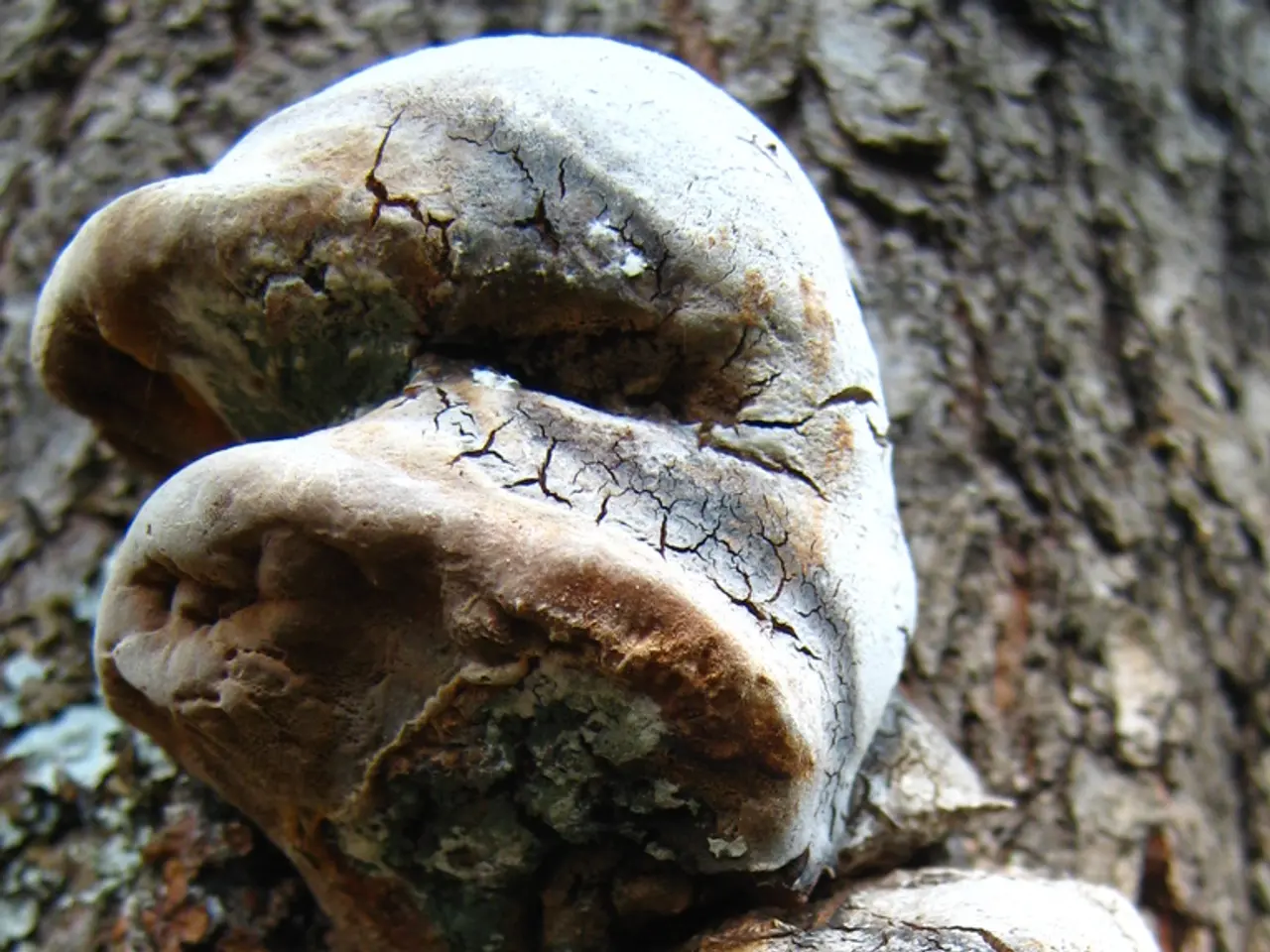Probiotics based on Saccharomyces boulardii: Applications and Advantages
Saccharomyces boulardii, a yeast discovered in tropical fruit peels, has emerged as a promising probiotic for gastrointestinal health. Probiotics, supplements containing live microbes, may have health benefits, and S. boulardii is no exception.
In a variety of studies, S. boulardii has shown promise in preventing and treating several gastrointestinal conditions. For instance, it has been found to be effective in preventing traveler's diarrhea and antibiotic-associated diarrhea. S. boulardii enhances intestinal flora balance, inhibits pathogenic bacteria colonization, and maintains gut barrier integrity, all of which contribute to reducing the incidence of diarrhea linked to antibiotic use.
One specific strain of S. boulardii, CNCM I-745, has been studied as a probiotic for human medicine. This strain is particularly effective in preventing C. difficile-associated diarrhea. S. boulardii helps prevent and treat C. difficile infections by secreting proteases that degrade bacterial toxins, enhancing mucosal immunity, and maintaining gut barrier function.
S. boulardii also exhibits anti-inflammatory effects, modulates immune responses, and strengthens tight junction proteins, alleviating intestinal inflammation and barrier dysfunction common in inflammatory bowel disease (IBD) and irritable bowel syndrome (IBS). However, while some studies have shown better results regarding symptom reduction for IBS with the use of S. boulardii, the results have been mixed.
In addition to its gastrointestinal benefits, S. boulardii may have potential applications in other areas. For example, it has been found to inhibit the growth of Candida albicans, a type of yeast that occurs in the human digestive tract, and reduces the production of biofilm. This could have implications for preventing or treating candidiasis, although more research is needed to confirm this effect.
S. boulardii may also play a role in metabolic processes related to lipid metabolism, potentially impacting dyslipidemia. However, no conclusive clinical evidence currently establishes its role in treating dyslipidemia.
It's important to note that S. boulardii is not a proven treatment for any medical condition and should be used as a supportive or complementary therapy. People should speak with a doctor if they want to add S. boulardii to their treatment plan or if they have digestive symptoms and do not yet have a diagnosis. S. boulardii probiotics are generally safe, but they are not suitable for everyone, especially people with critical illnesses, weakened immune systems, severe disease in the intestines, or a catheter inside the body.
In conclusion, S. boulardii is a well-supported probiotic option, particularly for preventing antibiotic-associated diarrhea, C. difficile infection, and supporting gut barrier and immune function in inflammatory conditions. Its roles in other areas like H. pylori, IBS, candidiasis, and dyslipidemia are promising but need further clinical validation. As with any supplement or treatment, it's crucial to consult a healthcare professional before starting a regimen with S. boulardii.
References:
- Farnworth, E. R., & Rowland, I. F. (2020). The gut microbiota and the role of probiotics in health and disease. Nature Reviews Gastroenterology & Hepatology, 17(6), 339-353.
- Sartor, R. B. (2019). Saccharomyces boulardii in the treatment of Clostridioides difficile infection. Expert Review of Gastroenterology & Hepatology, 13(10), 889-898.
- Kollaritsch, H., & Kollaritsch, R. (2019). Saccharomyces boulardii—an old probiotic with new applications. Expert Review of Gastroenterology & Hepatology, 13(10), 919-930.
- The science of probiotics, including Saccharomyces boulardii, plays a significant role in digestive health and wellness, contributing to the prevention and treatment of various medical conditions.
- In a health-conscious and fitness-focused society, probiotics like S. boulardii are gaining popularity for their potential to alleviate gastrointestinal issues, such as antibiotic-associated diarrhea and traveler's diarrhea.
- Probiotics, such as S. boulardii, may offer therapeutic benefits beyond digestive health, potentially impacting other medical conditions like Candida infections and dyslipidemia, although more research is required to confirm these effects.
- When considering therapies and treatments, it is essential to remember that S. boulardii should be used as a supportive or complementary measure, and individuals should always consult their medical professionals before making any changes to their nutrition or supplement regimens.
- For individuals experiencing digestive symptoms or living with certain medical conditions, such as inflammatory bowel disease or irritable bowel syndrome, S. boulardii may provide improved gut function and reduced inflammation, but the results may vary and further clinical studies are needed to establish its efficacy.




